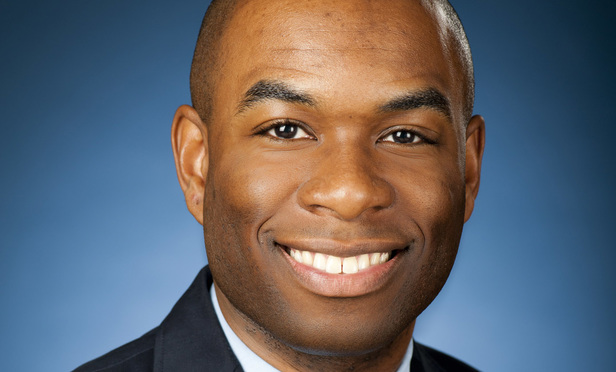Affinity groups can prove extremely beneficial as we embrace the paradigm shift from diversity to inclusion in the legal profession. Modeled after the specialty bar associations (such as the National Bar Association, Asian Pacific American Bar Association, Hispanic Bar Association and others), affinity groups at law firms provide a vehicle for women and minority attorneys to share experiences, collaborate on projects and cultivate mentoring relationships. Although they are an important component, these groups should extend beyond a social function and should serve as the hub for the professional development of women and minority attorneys. To accomplish this, both senior and junior attorneys must participate in this effort. Internal networking between these two sects should focus on providing opportunities to junior attorneys and ensuring they are given the tools to succeed. Similarly, senior attorneys will benefit because the strides made within the affinity group will hopefully decrease the firm’s attrition of diverse attorneys and assist in their promotion.
It is clear that we have a need for such groups, given the abysmal statistics plaguing the practice of law. As of a 2014 National Association for Law Placement survey, 20.9 percent of all associates at law firms were minorities, but as you move up the ranks, those numbers shrink dramatically. In all law firms nationwide, only 2.7 percent of partners are Asian-American. Black and Hispanic attorneys each make up less than 2 percent of all partners. Simply put, minority attorneys are not staying at law firms long enough to attain partner status. This is attributed directly to a lack of inclusion in law firms. In a recent poll taken in “After the JD Monographs” and published by NALP, the early mobility of women and diverse lawyers from law firms is attributed to several factors. The exodus occurs, largely, before their eighth year of practice, and stems from a dissatisfaction with their work assignments, inequities in advancement opportunities and an overall lack of diversity in the workplace, among others. Affinity groups can cure each of these ills. Diverse attorneys can work together to grow their practice and enhance each other’s workflow. Doing this will allow the diverse attorneys to be proactive in managing their short- and long-terms goals, and ultimately taking the reins of their career trajectory.
This content has been archived. It is available through our partners, LexisNexis® and Bloomberg Law.
To view this content, please continue to their sites.
Not a Lexis Subscriber?
Subscribe Now
Not a Bloomberg Law Subscriber?
Subscribe Now
LexisNexis® and Bloomberg Law are third party online distributors of the broad collection of current and archived versions of ALM's legal news publications. LexisNexis® and Bloomberg Law customers are able to access and use ALM's content, including content from the National Law Journal, The American Lawyer, Legaltech News, The New York Law Journal, and Corporate Counsel, as well as other sources of legal information.
For questions call 1-877-256-2472 or contact us at [email protected]



